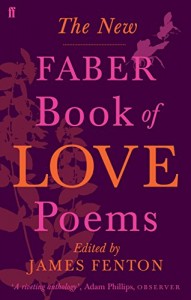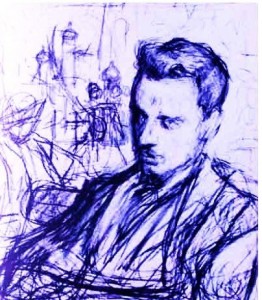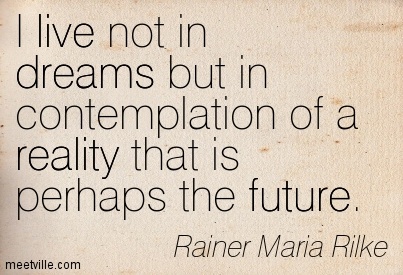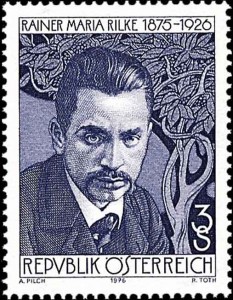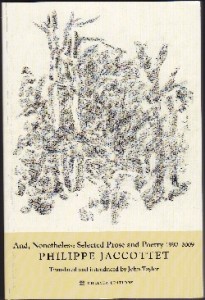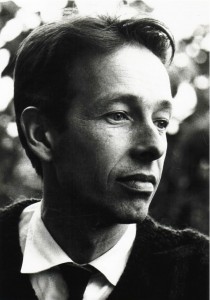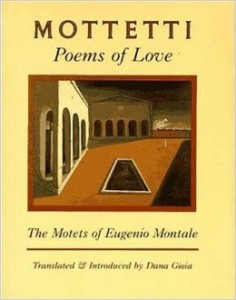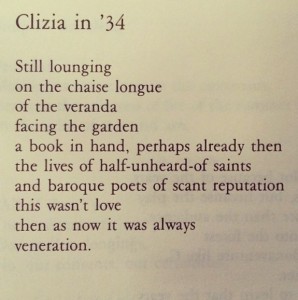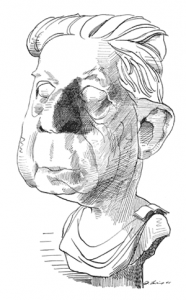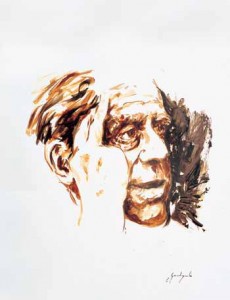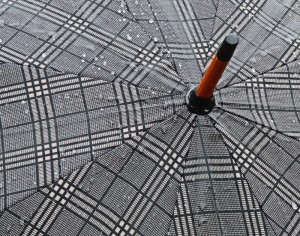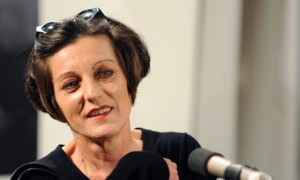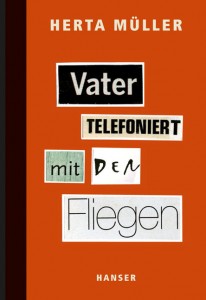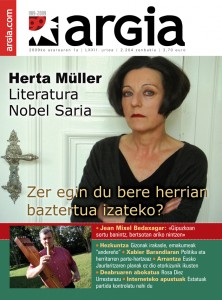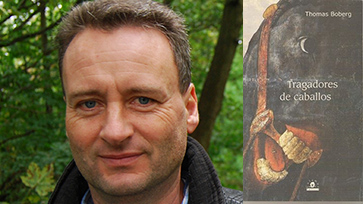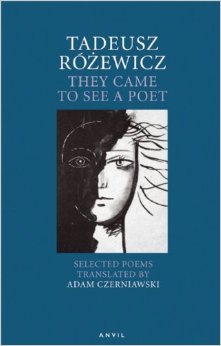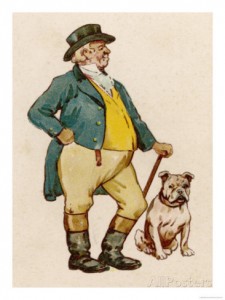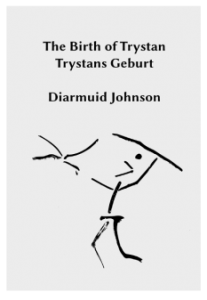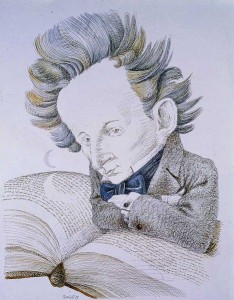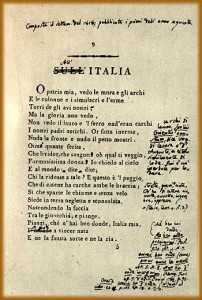Poetry in Translation (CCCXLIV), James FENTON (n. 1949, Lincoln), UK/ENGLAND: “The Song of the General”, “Cântecul Generalului”
James FENTON (b. 1949, Lincoln, England)
The Song of the General (Fragment)
The moon is sharp on the blade.
The dew shines on the hill.
The heart bleeds dark
And my men lie still.
The heads on the palisades
Dried in the wind so black
Call out to the venturing foe:
Turn back, fool, turn back.
Here snores no feasted clown
Who has drunk disgrace with his wine.
Here drools no amorous dupe
In the lap of his concubine.
Here watches a bitter pride
In exile lonely and long.
He serves an unjust lord.
He endures a continuing wrong.
One watches. One endures
On the ramparts, on the towers,
The laughter of the stars,
The taunts of the small hours.
Who sweeps my ancestors’ graves?
Who holds the reins for my son?
Will my dog still come to my call?
Does my wife sleep alone?
I serve an unjust lord.
Exile is an early tomb.
The heart bleeds dark.
Death is a journey home.
By the bright dew on the hill,
By the sharp blade of the moon,
I shall wake my grieving men.
I shall make that journey soon
* * * * * * *
James FENTON (n. 1949, Lincoln, England)
Cântecul Generalului
Luna luceşte pe spadă.
Roua luceşte pe deal.
Inima e sângerată,
Soldaţii sunt gata de-asalt.
Armata de pe palisade,
Cu faţa brăzdată adânc,
Înfruntă duşmanul ce şade
Strigându-i să fugă curând.
Printre noi n-o s-adoarmă nebunul
Îmbătat cum n-au fost dumnezeii.
Printre noi n-o să fie niciunul
Să se-ascundă sub fusta femeii…
La pândă, cu faţa haină,
Exilul îi pare prea lung.
Recrutat în armata străină,
El îndură războiul nătâng.
La pândă-i stau soldaţii
În turnuri cenuşii.
Surâs de constelaţii
Se pierd în zori de zi.
De veghe fiind soldatul, de griji nu se desparte
Cine îi creşte fiul? Ogoru-a fost arat?
Când s-ar întoarce-acasă, oare l-ar recunoaşte?
Iar buna lui sotie, oare l-a înşelat?
Înrolat în război, de pripas,
Exilul îi pare-un mormânt
Inima-i e sângerândă s-ajungă devreme acas’…
Fiindcă Moartea-i de veghe, mergând.
Luna luceşte pe spadă,
Roua, pe frunza deasă…
Voi deştepta soldaţii mei, în grabă.
Curând mă voi întoarce-acasă.
Versiune în limba Română de Constantin ROMAN, Londra
© 2015 Copyright Constantin ROMAN, London
* * * * * * * *
 SHORT BIO: James Fenton has been a war reporter, an opera librettist, a prawn farmer, a theater critic, and Oxford Professor of Poetry. He has written books on Indochina, art history, and gardening, among other things. These disparate subjects go into his poetry, which is small in bulk but translates a remarkable range of experience.
SHORT BIO: James Fenton has been a war reporter, an opera librettist, a prawn farmer, a theater critic, and Oxford Professor of Poetry. He has written books on Indochina, art history, and gardening, among other things. These disparate subjects go into his poetry, which is small in bulk but translates a remarkable range of experience.
Fenton was born in Lincoln, in northern England, in 1949. He attended the Chorister School, Durham, following which he went on to read psychology, philosophy, and physiology at Magdalen College, Oxford. In 1968, he won the university’s Newdigate Prize with a sequence of sonnets and haikus on the opening of Japan.
Fenton served as Oxford Professor of Poetry from 1994 to 1999. His lectures on modern English, Irish, and American poets were published as The Strength of Poetry (2001). During the same period, he began writing art criticism for The New York Review of Books, much of which is collected in Leonardo’s Nephew (1998). He has also written a short book on gardening, A Garden from a Hundred Packets of Seed (2001); a primer on English poetry, with especial attention to metrics, An Introduction to English Poetry (2002); and a history of the Royal Academy, School of Genius (2006).
(source: James Fenton, The Art of Poetry No. 96
Interviewed by Robyn Creswell, published in The Paris Review
http://www.theparisreview.org/interviews/6166/the-art-of-poetry-no-96-james-fenton )


